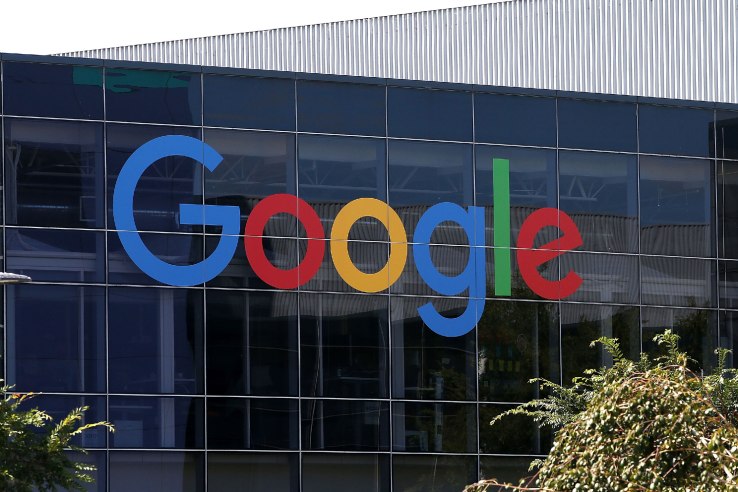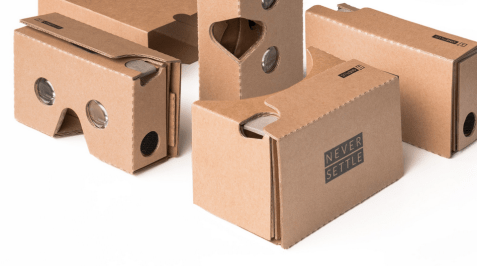
Google appears to be doubling down on virtual reality as they look to begin building “multiple” consumer hardware devices, according to new VR job postings on their site.
Google’s current consumer VR offerings are confined to its Google Cardboard program, which allows consumers to experience rudimentary virtual reality with a simple system involving cheap headsets attached to smartphones. Now it appears that Google is working on hardware devices that do more than just act as bare-bones viewers for smartphones.
Google’s VR ambitions were just in the news last week when Clay Bavor, its VP for Produt Management, left his work on other Google products to exclusively focus on managing the company’s VR offerings.

The new job postings,first discovered by RoadtoVR, give a variety of hints suggesting Google’s future VR plans. This posting (for a Hardware Engineering Technical Lead Manager, VR) points to the employee leading a team in building “multiple” consumer electronic devices while directing “system integration of high-performance, battery powered, highly constrained consumer electronics products.”
As the Hardware Engineering Technical Lead Manager for the consumer hardware products, you will drive the design and execution of our ever increasing product portfolio. You will be responsible for the building multiple CE devices and will put together the right team that will scale with our product offering.
A posting for a PCB Layout Engineer for VR details the “development and sustaining of actual products,” while also discussing the hardware team’s overall mission in regards to the devices.
Google custom-designs hardware for consumer electronics applications. The Hardware Engineering team ensures that this cutting-edge devices are reliable and robust. As a CAD/PCB Layout Engineer on the hardware team, you will be working on fast-paced boards for consumer devices.
The company currently has over a dozen hardware and software-focused positions centered on the company’s virtual reality efforts.
Essential to note is how all of this falls when considering Google’s massive Magic Leap investment. The augmented reality wearable company has not given the public a look at what it’s been working on (other than the very interesting/mysterious YouTube video below) but Google has shown a major interest in its technologies; Google led the company’s massive $542 million Series B in October 2014.
While Magic Leap’s AR tech seems to be more of the Hololens variety, it seems interesting that the company is simultaneously investing such major resources in that company, especially as Magic Leap is reportedly raising an even larger $827 million funding round.
The production of dedicated VR consumer devices would be huge as Google has mainly focused on ventures seeking to promote VR content production from others, like its Jump VR platform. It’s unclear whether all of this points to a Samsung Gear VR-style device that is compatible with a greater slew of Android devices, a dedicated HMD or a device that isn’t even a headset.
The tidbit about the devices possibly being battery-powered certainly seems interesting, and appears to limit suggestion that Google might be building a dedicated HMD offering similar experience to those from Oculus, Sony and HTC.

Comments
Post a Comment